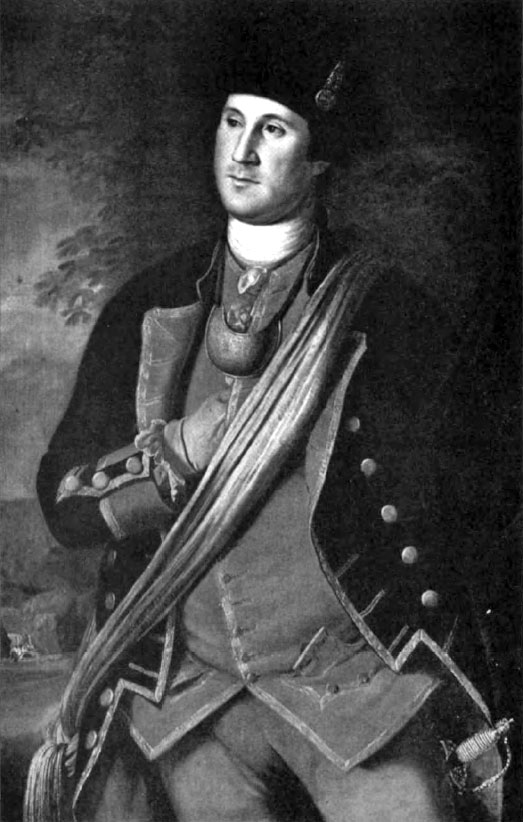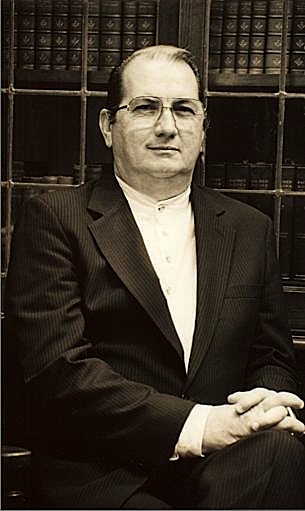That the Epopt may not recur too frequently to the superiors, or to the prophane, an artifice has been invented by which he may profit of all the acquisitions of the pupils of his district, while he makes them believe that the whole flows from the unknown superiors. This artifice consists in proposing such questions as he is not perfectly master of, to the different lodges, and then studying and combining the various answers that he receives. All the Epopts of the province do as much in their several districts. Each one selects those parts which he has judged worthy of notice in the productions of the lodges; these he inspects, and lays them before the provincial and annual assembly. There other Epopts are employed in compiling from these selections, and in preparing the required solutions of the proposed questions, or in commenting on such passages as may elucidate others that may hereafter arise. The same plan is followed in all the provinces, and the reports of the provinces will form a new collection to be digested under the inspection of the National Chief, or even of the Areopagites. This will be a new treasure for the secret library of the Epopts, and furnish them with new means of maintaining in the minds of their pupils the high idea they have conceived of the knowledge of their Superiors. 3 It will also furnish materials for the formation of a systematic Code or complete course of study for the use of the Sect. 4
Here we cannot but remark how much arts and sciences would be benefited and promoted by the labours of a society which, actuated by quite
p. 534
other views, and despising that affectation of secrecy, should employ the same means and be animated with a similar zeal in the discussion of useful truths. But the united efforts of the Epopts are concentrated in their pursuit of science, only to debase it, by directing all its powers toward the overthrow of Religion and Governments, the triumph of their disorganizing systems, and always under the stale pretext of subjecting mankind to Nature alone. 5
Should the reader be curious to know to what uses the Epopt turns all the science which he is supposed to acquire daily, let him observe the questions which this presiding Illuminee either solves himself, or proposes for the solution of the adepts. Let his judgement on the questions and on their tendency, be guided by the expressions of the Code:
“The Epopt,” says the Code, “must keep a list of a very great number of important questions proper for investigation, and which he may eventually propose to the young adepts.—In the branch of practical Philosophy, for example, he will propose for investigation the question, how far the principle is true, that all means are allowable, when employed for a laudable end? How far this maxim is to be limited to keep the proper medium between Jesuitical abuse, and the scrupulosity of prejudice? Questions of this nature shall be sent to the Dean, who shall transmit them to the Minerval schools for the investigation of the young adepts, and their dissertations will swarm with a multitude of ideas, new, bold, and useful, which will greatly enrich our Magazine.” 6
We despise this infamous aspersion on the Jesuits. Let those pass sentence on them who have learned to judge them by their conduct and by their real doctrines, and not by calumnious assertions, or satires which, in spite of all the powers of genius and irony, have been justly condemned by various tribunals as replete with falsehood and misrepresentation. 7 Let those who have been educated by the Jesuits pronounce on these atrocious imputations of the Illuminees; I do not think myself bound to follow the example of the celebrated Hoffman, Professor at the University of Vienna, one of the most formidable adversaries of the Illuminizing Sect, by inserting a long justification of that persecuted Order. 8 But it is impossible not to observe, that the legislator of Illuminism has not the most distant idea of modifying or limiting this famous principle, the end sanctifies the means; his object is evidently to give rise to ideas, new, bold, and useful to the Sect; or, in other words, to dispose the young adepts hereafter to decide as he has already done, that nothing is criminal, not even robbery or theft, provided it be useful to the views and forward the grand object of Illuminism. He wishes by means of these questions to acquire an early insight into the minds of the adepts, and to distinguish those who will hereafter be the most worthy of his higher mysteries, by the greater or smaller disposition they show to stifle the cries of conscience and remorse in the perpetration of the crimes necessary for the future success of his plots. This is the sum total of the science to be carefully inculcated by the Epopts in the branch of practical Philosophy.

Moe is the founder of GnosticWarrior.com. He is a father, husband, author, martial arts black belt, and an expert in Gnosticism, the occult, and esotericism.





